Introduction
Welcome back to my new blog! My today’s topic is soft water and coffee makers. So let’s keep reading the article.
Water is a widespread and crucial chemical, with most of it occurring as a liquid on Earth’s surface under normal circumstances. It is therefore vital for human activity and as an animal and plant habitat.
But have you ever thought about the role of water for coffee machines? Well, using water is important both in the taste of your coffee and the best coffee makers.
Additionally, we need to keep in mind that, the water quality is not the same in all areas around the world. The hardness of water varies according to the source of the area. The hardness of water can damage your favorite coffee maker easily if you don’t use the water softening process.
As The Specialty Coffee Association of America recommends hardness levels of 35ppm or higher and 15ppm or lower for optimum results. Where ppm means, Parts per million.
One out of one million units of your water consists of a hardness mineral if you have a one ppm water hardness. This can also be expressed as milligrams per liter (mg/L).
Types of drinking water around the world
First of all, to reduce the thirst of all living things, water is the one and only ingredient on the earth. Drinking quality water is essential for good health. It helps to keep our bodies hydrated, which in turn supports good digestion and overall health including brain functionality.
There are several kinds of water for brewing coffee in coffee shops around the world. They usually use soft or hard water for coffee as per their required test.
Tap Water
Tap water can be considered to be the gold standard for drinking water. It’s safe to drink, easy to find, and affordable. However, it may not be great for certain health concerns (e.g., high levels of chlorine).
Mineral Water
Mineral water is a great choice for people who want to improve their health and well-being. Mineral water has been proven to have many health benefits, including reducing the risk of heart disease, promoting healthy skin, improving digestion, and fighting fatigue.
Spring water
Spring water is a type of bottled water that originates from sources such as rivers, lakes, and springs. It has been traditionally believed to have many health benefits, including boosting the immune system and reducing inflammation.
To use spring water is a fantastic option for coffee makers. Specialy Keurig machine! Natural spring water has a greater mineral concentration than tap water use, giving your coffee a more pronounced flavor. Moreover, the higher mineral levels in spring water may help your drip coffee makers operate longer.
Sparkling Water
Sparkling water is a refreshing beverage that can be enjoyed any time of the day. It’s made up of carbon dioxide and water, and it has a high level of sweetness due to the sugar content in the fruit juice or syrup used to make it.
Distilled Water
Distilled water is a clear, clean, and healthy beverage. It’s made by removing the water vapor from fresh or semi-fresh H2O using a process called evaporation. This removes all of the minerals and other impurities that may be present in the water source. Distilled water is also bacteriostatic (capable of stopping bacteria growth), so it’s safe to drink without fear of food poisoning.
Purified Water
Purified water is a type of drinking water that has been processed to remove any contaminants, including chemicals, metals, and radioactive materials. It’s important to remember that not all purified waters are equal – some may have additional additives or filters added in order to make them purer.
Filtered water
Filtered water is becoming more and more popular these days, for a variety of reasons. Some people believe that it’s the healthiest option available, while others swear by its ability to improve concentration and focus. Some people prefer filtered water to make coffee.
Reverse osmosis water
Reverse osmosis is an efficient method of purifying water, but it isn’t perfect. Reverse osmosis can remove some important nutrients (like calcium) along with the pollutants. It’s also not suitable for use in many industrial applications, because it leaves behind salt crystals when drinkable waters are produced.
Flavored Water
Flavored water is a trending drink these days, and for good reason. It’s not only refreshing, but it also has many health benefits. Flavored waters are becoming increasingly popular as an alternative to sugary beverages, and there are a number of different flavors available on the market today. But this is not wise to use RO water for coffee brewing. Because coffee lovers may miss the coffee taste.
Alkaline Water
Alkaline water is a type of drinking water that has a higher pH level than regular tap water. Alkaline water helps fight against various types of bacteria, fungus, and protozoa (single-celled creatures). Alkaline waters are typically more expensive than regular tap waters because they undergo additional processing steps. However, many people believe that the benefits justify the cost.
Well water
Well water is a type of drinking water that comes from underground. It’s free from harmful chemicals and is typically safe to drink and has been shown to be healthier overall than tap water. However, there are a few potential downfalls to drinking groundwater.
First, it can be difficult to find water that comes from underground in some areas. Second, groundwater may not be as clean as tap water and may contain contaminants like arsenic. Finally, depending on where your ground water originates from, it may also be more expensive than tap water.
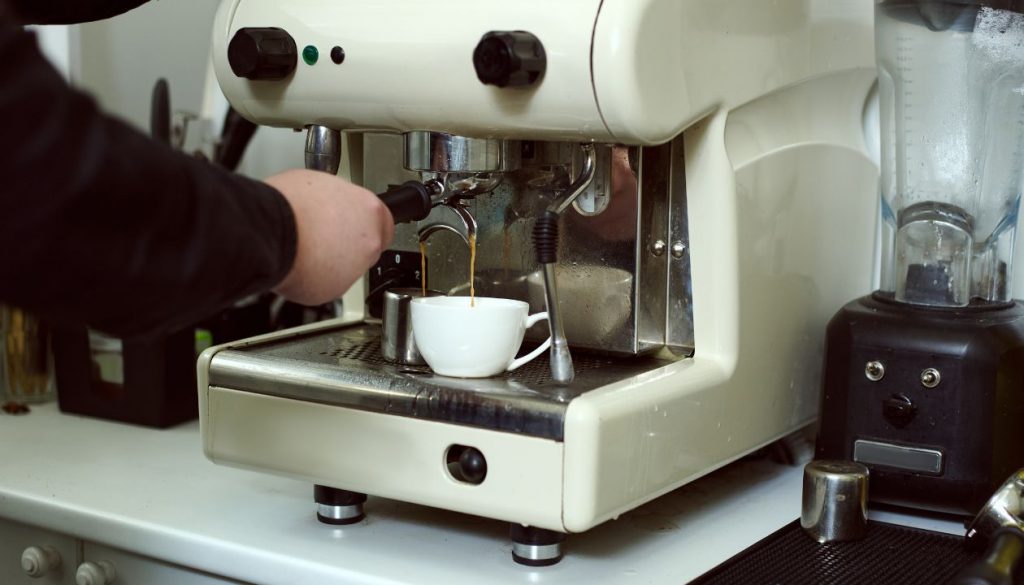
What types of water are generally used in a coffee maker?
Soft water and coffee makers, there are a few different types of water for making coffee. However, to make good cup of coffee, the most common type is tap water. Tap water has been treated with chlorine, which kills bacteria and other microorganisms, that could cause bad smells or spoil the flavor of your coffee. Some people also choose water filtration or distilled water because it has less mineral content (which can affect the taste and quality of your coffee).
Distilled water is generally used for making traditional delicious coffee because it has low levels of impurities and minerals. This type of water works best with light-roasted beans and produces harsher-tasting caffeine than other types of water.
Additionally, filtered or reverse osmosis (RO) water is often used for making espresso because it has higher levels of disinfection qualities and less mineral content than distilled or municipal waters. It also helps to create nuanced flavors in your espresso, thanks to its ability to extract more bitter compounds from the coffee beans.
What exactly is soft water? Things you need to know before using soft water in your coffee maker
Soft water is water that has been treated with an artificial agent/water softener to reduce the amount of hardness. This process is known as water treatment. Hard water can be damaging to hair, skin, and nails and it’s difficult to manage because it can be hard to filter out. For your kitchen appliances, you can get benefits from softened water. Soft water is typically less expensive than hard water, and it doesn’t contain harmful minerals or chemicals. It also tastes better since there are no harsh mineral flavorings in soft water systems.
In contrast to “soft water, “hard water contains a lot of minerals. Water percolates through layers of limestone, chalk, or gypsum[1], which are mostly composed of calcium and magnesium carbonates, bicarbonates, and sulfates. Moderate health benefits have been linked to hard drinking water.
There are a few things you need to know before using soft water in your coffee maker
Significant amounts of sodium and bicarbonate are present in softened water. Soft water and coffee makers, soft water may be a suitable option in towns with hard water since it will not cause scale buildup in your coffee machine.
However, there are some drawbacks to using softened water in your coffee machine. First of all, it may be less effective at brewing the perfect cup of coffee – since it is not as strong, water can accidentally get into the machine’s machinery and cause damage.
Additionally, softened water contains high-level sodium ions. It tastes salty.
Finally, compared to hard water, softened water is not a good choice for coffee makers. Because this water doesn’t protect makers as softened water can deposit minerals in it.
Ultimately, it is important to consider both the benefits and drawbacks of using softened water in your coffee machine. If you live somewhere with very hard water, soft water may be the better option for you – simply be aware of the potential risks involved.
The top 10 reasons why you should be brewing with soft water
There are a number of reasons why you should be brewing with soft water. Here are the top 10:
1. Soft water is less acidic water than hard water and can be used in more kitchen appliances.
2. It’s gentler on your skin, hair, and eyes – making it a healthy choice for cleaning coffee equipment.
3. It contains fewer minerals than hard water, so it needs less filtering to achieve the same results as with harder water sources (which can actually damage your filter).
4. Brewing with soft water reduces overall brewing costs because you don’t need to use as much of the expensive mineral content found in hard water spring sources or distilled waters – which are also more expensive.
5. It’s easier to adjust the brewing water pH if needed, as soft water is more forgiving than hard water – meaning you can get a bit more out of each batch without damaging your equipment.
6. Soft waters tend to have a lower “calcium carbonate hardness” which means they are less likely to form limescale in your plumbing and faucets – making them an ideal choice for households with children or pets who may be prone to picking up calcium deposits from hard water sources.
7. Finally, it tastes nicer! Hard water can often have a metallic taste, while soft water is generally smoother and more drinkable.
8. If you have a reverse osmosis system, soft water is also better suited for brewing as it won’t require as much pressure to push the water through the unit – meaning less energy consumption and lower operating costs.
9. Soft water can be used in place of hard water in most brewing applications (with a few exceptions), making it an ideal choice if you want to brew with someone else who doesn’t have access to hard drinking water sources or prefer not to filter their tap water.
10. In general, soft waters are healthier than hard waters because they contain lower levels of harmful contaminants like arsenic and chlorine.
Are there any disadvantages to using soft water in a coffee maker?
Though soft water is generally lower in contaminants than hard water, which makes it a safer choice for those with sensitive kidneys or allergies, there are a few potential disadvantages to using soft water and coffee makers or soft water in coffee makers.
- One is that it can cause the coffee to taste salty or metallic due to water too soft for coffee.
- It also doesn’t make a great cup of coffee because the water isn’t strong enough to extract the best flavor from the beans.
- Additionally, soft water can also lead to mineral build-up in coffee machines, which occurs damage to coffee makers.
Which coffee makers are suitable for soft water?
If you’re looking for a coffee maker that can handle a soft water supply, then you may want to consider investing in one of the newer machines on the market. These machines are designed to extract more flavor and caffeine from your water, soft water and coffee makers, resulting in a stronger cup of joe. If you’re on a budget, an older model may be a better choice for you. many coffee machines that are over ten years old still work well and can be purchased for under $100.
If you’re shopping for a coffee maker that can handle soft water, it’s important to pay attention to the model and brewing method. French presses and other high-quality machines will produce a stronger cup of great coffee flavor than automatic drip machines or percolators.
What is water hardness coffee machine?
Which water is best for coffee? If you want your coffee to have the best flavor extraction, you should stick to hardness and high pH. In order to prevent damage to your machines and to get consistent extractions, keep your water hardness between 50ppm to 80ppm and pH between 7 to 8.5.
Conclusion
Well, the above information about soft water and coffee makers will definitely tell you what the world knows for ages about tasting coffee. Soft water is good for coffee makers, including espresso machines. But sometimes water too soft for coffee is not good for the test of coffee.
Soft water is better for coffee machines because it allows them to work at their best. Hard water can damage the machine’s internal components and make it difficult to operate. This is why most coffee makers recommend using soft water when brewing your java favorite – it’ll ensure that your espresso tastes as good (if not better) than ever before!
If you are interested to read our previous related articles, let’s click on the topics, please. Soft water for making coffee, can i use soft water in my coffee maker and is alkaline water good for coffee.

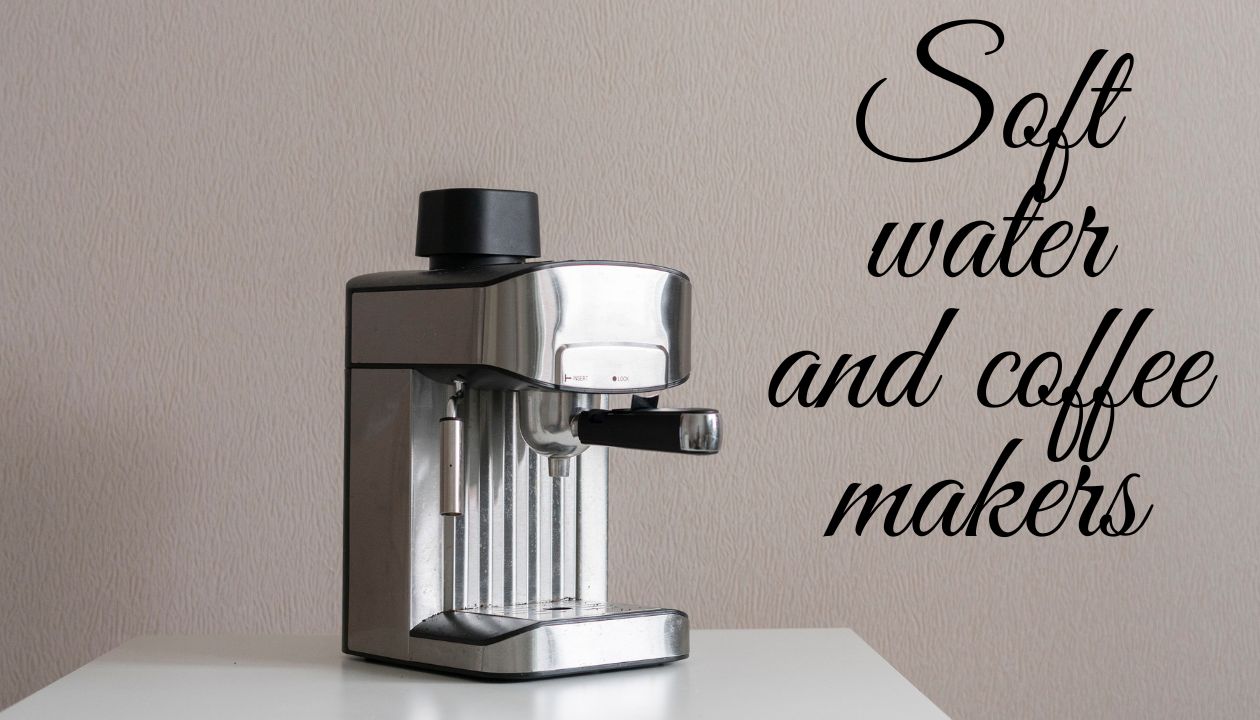
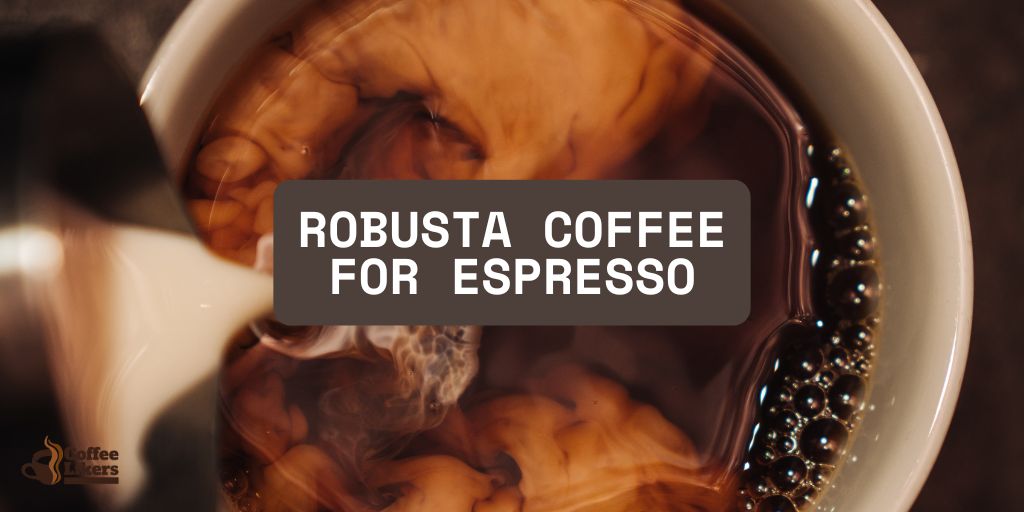
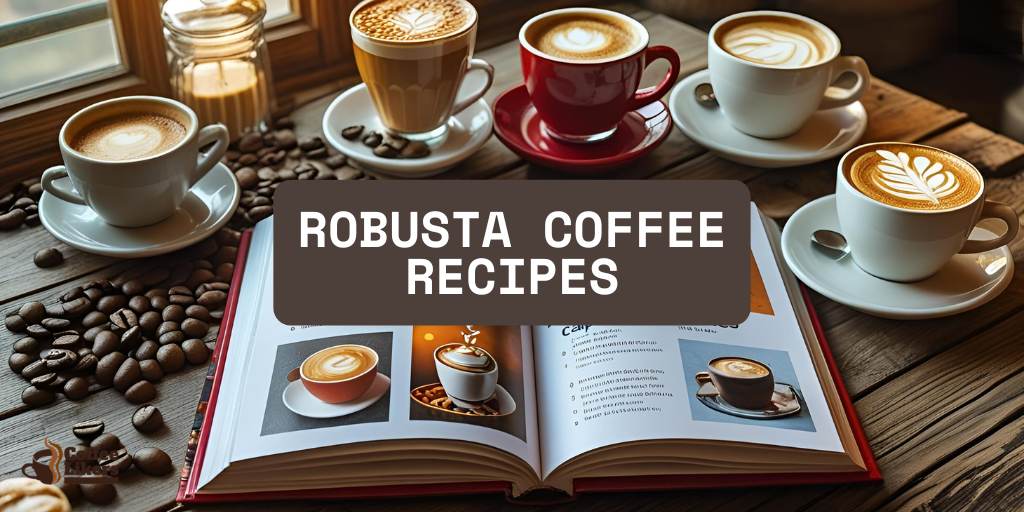
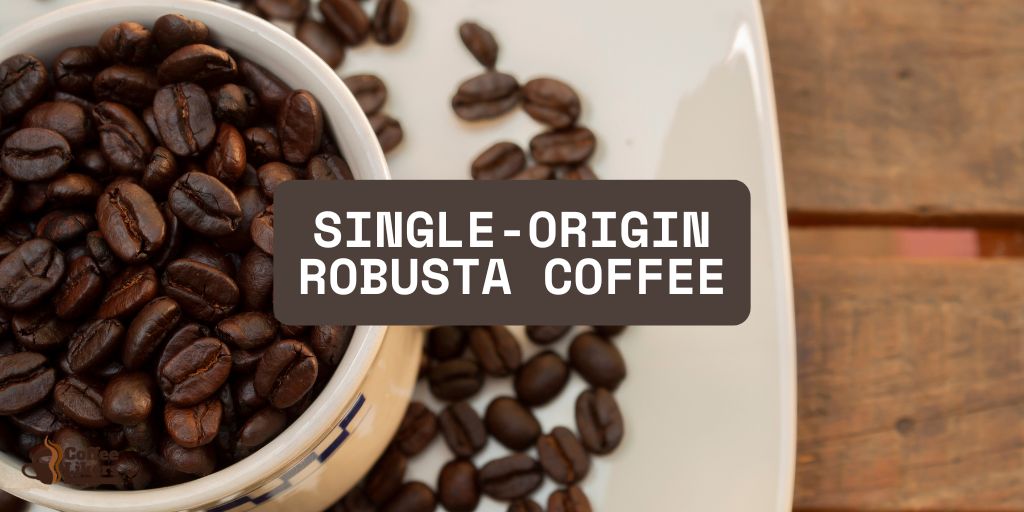
Leave a Reply